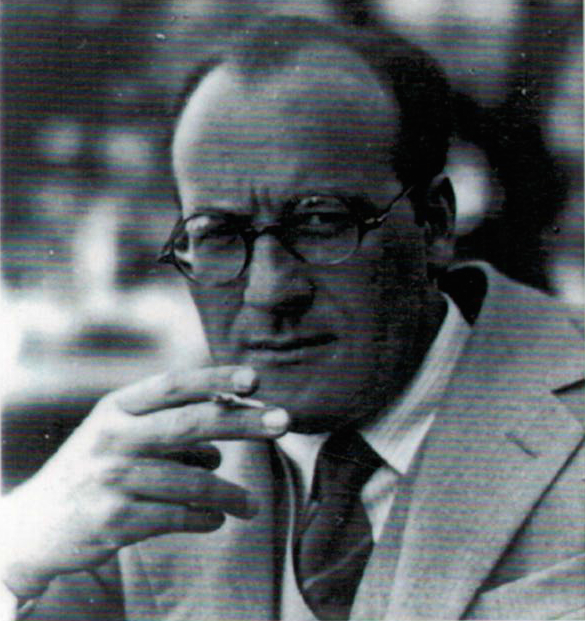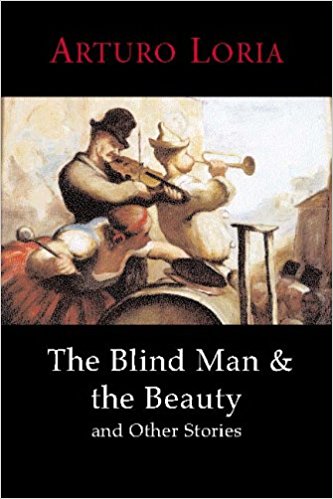ARTURO LORIA was the author of three short story collections, Il cieco e la Bellona (1928), Fannias Ventosca (1929), and La scuola di ballo (1932); an editor of Solaria and Il Mondo; and the author of an opera. He received the prestigious Premio Frachhia from L’Italia letteraria in 1933. He was born in Carpi, Italy, in 1902 to a Jewish-Catholic family, and died in 1957.
With echoes of Boccaccio and Cervantes, Poe and Kafka, Arturo Loria tells stories of corpse-bearers and beggars, of jealous goats, aging coquettes, and traveling performers. Near-fables, these stories are populated with figures — called simply "the waiter," "the knife-grinder," "the blind man," and "the beauty" — who move in a world seemingly unmarked by particular times and spaces. But despite Loria’s frequent refusals of name and place and date, these characters are firmly located in the subtle, complex states of feeling that he portrays so masterfully. Through careful studies of shame and self-loathing, exoticism and scapegoating, isolation and corruption, Loria also pointedly addresses the individual and collective pathologies of fascist-era Italy. With David Tabbat’s vivid and elegant translation of these stories, Loria’s fiction, long-acclaimed in Italy, is available for the first time in English.
"His material was so rich that we might almost say that he barely touched it. Nonetheless, he did so with a master hand, in an unforgettable style."—Eugenio Montale
1197 Bulls Head Road
Clinton Corners, NY, 12514
18452665638
P.O. Box 84 - Rhinebeck, NY - 12572


